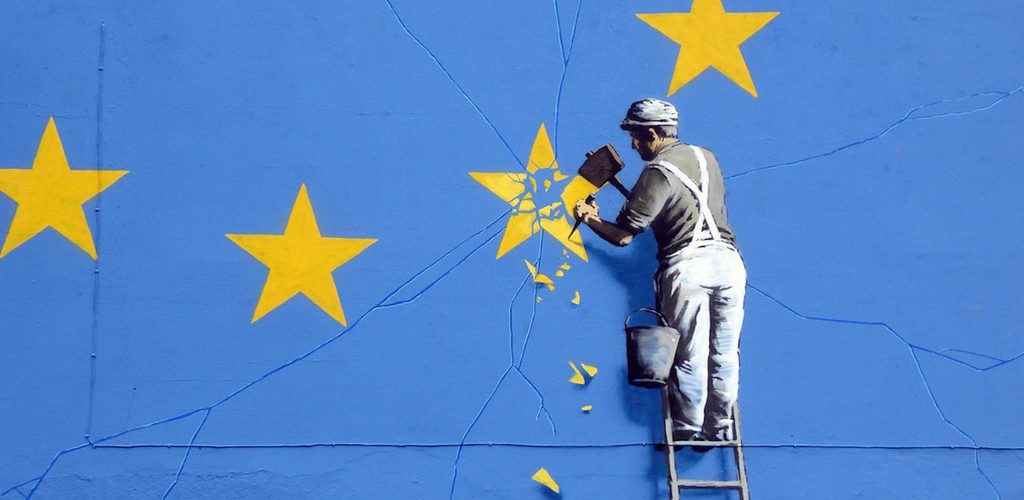The European Commission published 3 options for integrating the transfer of own goods into the SVR. The options were discussed in the Group of the Future of VAT on May 6, 2022.
Objective SVR
Limit the number of obligatory VAT identifications in different Member States where a business is not established and, ideally, to have a single VAT identification in one Member State that allows for doing business in some or all other Member States
Question raised
Whether transfers of own goods, from one Member State to another, could be included in the SVR. A ”transfer of own goods” is under art, 17 of the VAT Directive 2006/112/EC a taxable transaction and exempted from VAT following art. 138(1a).
3 options proposed by the European Commission
- Digital reporting obligations (DRR) and the abolition of the ”transfer of own goods” as a taxable event (or the exemption of the intra-Community acquisition)
- Exemption of the Intra-Community Supply AND Acquisition of goods (with the right to deduct VAT in the previous stage)
- Follow-up of goods via the (intra-Community Supply) VIES listing not longer ensured
- Follow-up via a record keeping mechanism as the DRR and on the basis of E-Invoicing (eventually simplified invoice)
- DRR to be provided to 3 Member States (MS of identification, MS of departure, MS of arrival)
- Sub-option: Keep a register in the MS of registration of all such movements in the EU
- OSS would need to be extended to domestic B2C supplies as well
- Extension of the One Stop Shop (OSS) to include the transfer of own goods
- Option A: The transfer remains the same taxable event
- The ‘transfer of own goods’ would, as is currently the case, still constitute a (intra-Community) supply in the Member State of departure and an intra-Community acquisition in the Member State of arrival.
- These two taxable events would be declared as a single event in the OSS, to which a module for ‘transfers’ could be added
- OSS should at least be able to provide information to the Member States of identification, departure and arrival
- The supplier, transferring his own goods, would be required to have a register of such movements in the Member State of its VAT identification number under which the transfer has taken place
- Option B: The transfer does no longer constitute any taxable event (or the intra-Community acquisition is exempt)
- The ‘transfer of own goods’ would no longer constitute a taxable event but would still have to be declared in the special module of the OSS
- The supplier, moving his own goods to another Member State, would be required to have a record keeping mechanism in the Member State of its VAT identification number under which the transfers have taken place
- Option A: The transfer remains the same taxable event
- Extension of the deemed supplier provision complemented by a ”transfers” module in the OSS
- Option A: The transfer remains the same taxable event
- The scope of the ‘deemed supplier’ rule would be extended to cover the ‘transfer of own goods’ of underlying suppliers. In the case a transfer of goods of an underlying supplier is carried out by a platform, that platform would then be liable to account for the VAT on the transfer and declare this in (a specific module of) the OSS
- Option B: The transfer does no longer constitute any taxable event (or the intra-Community acquisition is exempt)
- The same principle that the platform would be liable for the ‘transfer of goods’ of its underlying suppliers, would also be applicable in this case.
- However, the movement of the goods of underlying suppliers would in these circumstances no longer constitute any taxable event or the intra-Community acquisition would be exempt.
- The declaration in the OSS would be of an administrative nature in order to ensure the follow-up of the goods.
- Option A: The transfer remains the same taxable event
Reference is made to GFV 120 – SVR – Transfer of own goods for the advantages and disadvantges of each option.
Comments of the Group of Future of VAT (Meeting May 6, 2022)
- Concerns
- No one of the delegates that took the floor was willing to consider the option that the ‘transfer of own goods’ would no longer constitute a taxable event (or would be exempt).
- Required IT changes to include ‘transfers’ into the OSS
- Less VAT registrations decreased the control possibilities for tax administrations
- The extended use of the OSS would not necessarily be less burdensome
- Reluctancy on increasing the liability and the possible burden on platforms
- Advantage: A reduction in the number of VAT registrations could bring for businesses in terms of administrative burden
Sources















